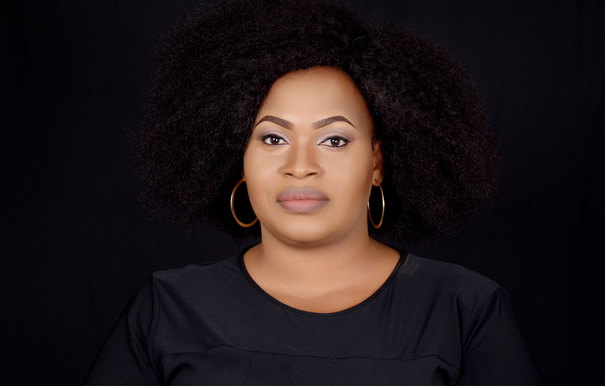ATTAHIRU JEGA FROM THISDAY
I am greatly honoured with the invitation to deliver the Keynote address at this important gathering organized by the Abuja Central Mosque, to sensitize Nigerians on the importance of such a national issue as the 2023 General Elections, which will, In Shaa Allah (God willing), hold on February 25th and March 11, 2023. I wish to thank the organisers for inviting me, and especially for the commendable initiative of organizing this event. As is generally recognized by knowledgeable people both here at home and abroad, this year, Nigeria’s general elections are the most consequential elections to be held globally, for at least three reasons. First, due to military coups and authoritarian reversals on account of bad governance, inept leaders, and poorly conducted elections, in some countries in the West African sub-region, there is concern about what would happen in Nigeria. Second, given the fractious nature of the Nigerian political class and their engagement in/with the electoral process as a “do-or-die” affair, and the mobilisation (some say the weaponization) of ethnicity and religion, there is concern about electoral violence, which could escalate and lead to profound instability in the country. Third, there is the concern that if things do not go well in Nigeria’s 2023 elections, the opportunity to project Nigeria as a model of democratic development amidst global resurgence of authoritarianism, will be lost.
For us, Nigerians, therefore, all hands need to be on deck, to ensure that we have the best conducted elections, in terms of their being free, fair and credible, as well as peaceful, with good quality people elected into public offices in the legislative and executive arms of government at all levels / tiers of the Nigerian federation., as this would place our country more assertively on the trajectory of stable democratic development and good governance.
There is no doubt that, the better the conduct and management of elections, the more the likelihood of improving the sphere of governance for addressing the fundamental needs and aspirations of the citizens. And, key among what tends to make elections better, is the enlightened active participation of eligible citizens in the electoral process. All stakeholders therefore have a responsibility to sensitize and enlighten citizens about their responsibility, indeed obligation, to actively engage with / in, the electoral process.
Background
The 2023 general elections would be the 7th since 1999, when Nigeria returned to civil democratic rule, after a long period of military authoritarian rule (previous six being in 1999, 2003, 2007, 2011, 2015, 2019). No doubt, in the past 23 years, Nigeria has come a long way with regards to striving to improve the integrity of the preparations and conduct of elections. Incremental positive changes are clearly discernible. Many of the traditional, crooked methods used by politicians to undermine the integrity of elections have been systematically addressed. A few examples of these would suffice:
- Use of ballot papers without serial numbers has been eliminated.
- Movement of ballot papers from, say, Sokoto to Enugu, to be fraudulently used, has been eliminated, using colour coding
- Ballot boxes are now numbered and customized to polling units, so they can no longer be snatched from one place and taken to another place for collation



